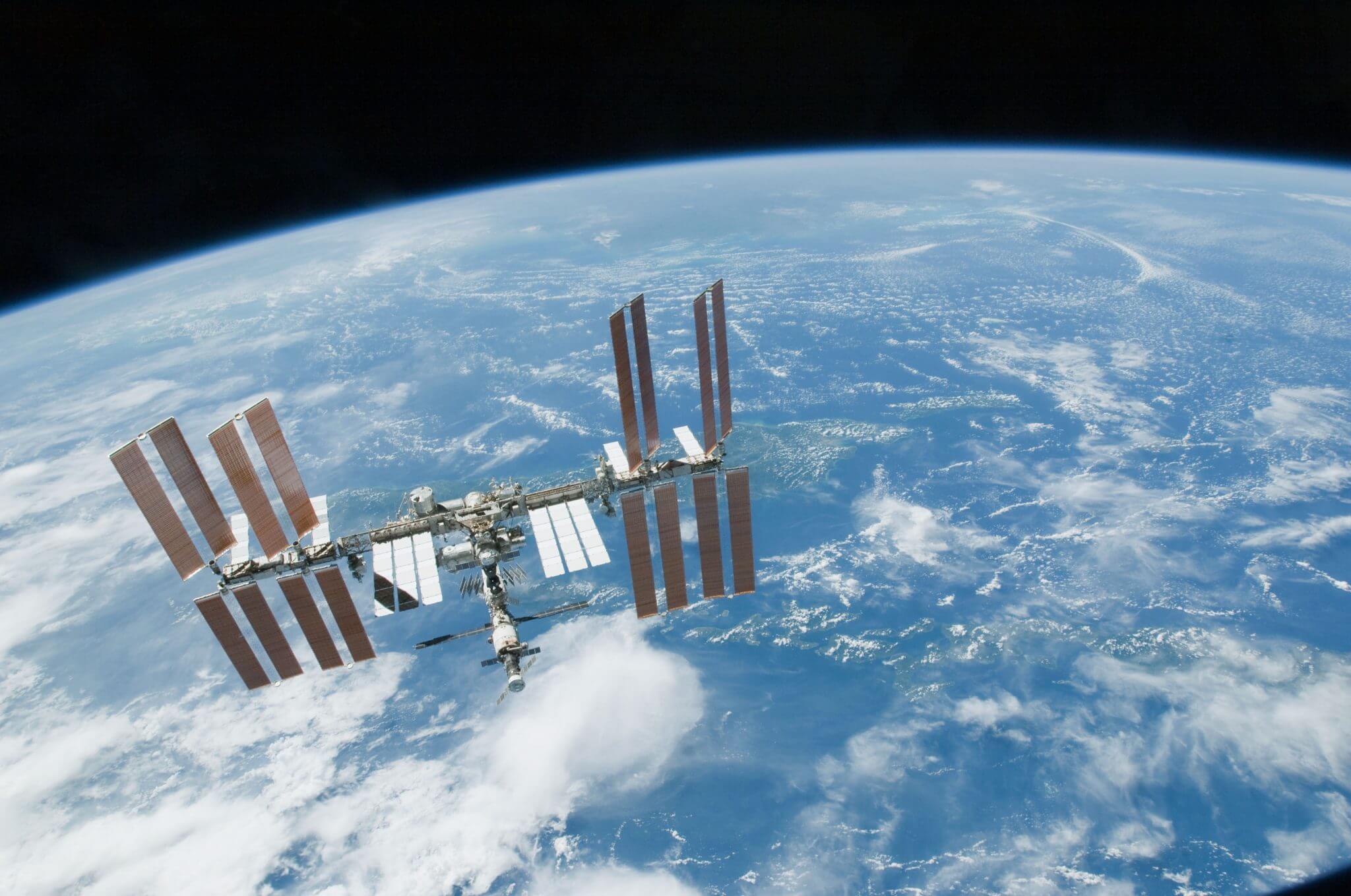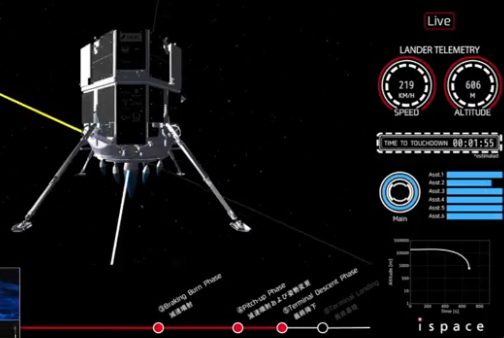Bigelow Aerospace and NASA engineers had to initially suspended an attempt to inflate the experimental inflatable module attached to the International Space Station after it failed to inflate properly. The Bigelow Expandable Activity Module (BEAM) inflation had been much slower than expected on 26 May 2016 when the decision was made. However, after making sure that there was no fault, NASA decided to carry on with the inflation in an ultra-slow staged manner on 28 May 2016. The BEAM inflation was thus successfully achieved later that day.
BEAM is a forerunner for a series of inflatable modules, which executives at the Las Vegas-based Bigelow Aerospace hope will either be attached to space stations/long-range space missions, or be flown as stand-alone spacecraft. While not meant to be used for anything specific (BEAM remains empty), the environment on board BEAM was being closely monitored during this in-orbit test. The next inflatable module/spacecraft will be the BA330, due for launch in 2020.






